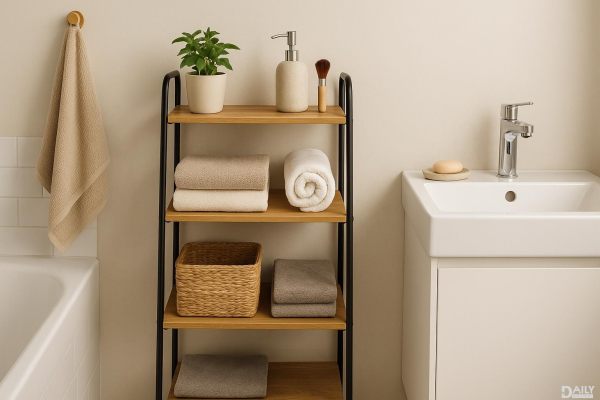If you're one of the millions of Americans struggling with insomnia, you're probably desperate for a good night's sleep—without relying on prescription meds. The good news? Essential oils might be the natural sleep aid you've been searching for. While they're not a magic cure, certain oils have been shown to promote relaxation, ease anxiety, and even help regulate sleep cycles. Let’s break down the top four essential oils doctors swear by for better sleep and how to use them effectively.
Lavender: The Gold Standard of Sleep Oils
Lavender is the MVP of sleep-inducing essential oils, and for good reason. Studies have shown that its calming scent can lower heart rate, reduce blood pressure, and even shift your brain into a more relaxed state. One study published in the Journal of Alternative and Complementary Medicine found that inhaling lavender before bed improved sleep quality in people with insomnia. The key compound, linalool, interacts with neurotransmitters like GABA, which helps quiet an overactive mind. To use it, try diffusing a few drops in your bedroom 30 minutes before bedtime, or mix it with a carrier oil (like coconut or jojoba) for a soothing wrist or temple massage. Pro tip: Spritz a lavender linen spray on your pillow for an extra dose of tranquility.
Bergamot: The Stress-Busting Citrus
Unlike other citrus oils that can be energizing, bergamot has a unique ability to ease tension without making you wired. Research suggests its aroma activates the parasympathetic nervous system—the part responsible for rest and digestion—while lowering cortisol levels. A 2015 study in Phytotherapy Research found that bergamot oil reduced stress responses in women awaiting medical procedures. For sleep, blend it with lavender in a diffuser or add a drop to your nighttime tea (just make sure it’s food-grade oil). Bonus: Its bright, floral-citrus scent can also help combat the grogginess of a rough night come morning.
Vetiver: The Heavyweight for Deep Sleep
If your brain won’t shut off at night, vetiver might be your new best friend. This earthy, woody oil is like a weighted blanket for your nervous system—thick, grounding, and intensely calming. It’s rich in sesquiterpenes, compounds that may enhance melatonin production and slow racing thoughts. Anecdotal evidence from holistic practitioners highlights its use for ADHD-related sleep issues, as it promotes mental stillness. Since its scent is strong, start with one drop in a diffuser or diluted in a rollerball applied to pulse points. Pair it with cedarwood for a woodsy, sedative effect that’s perfect for chronic overthinkers.
Roman Chamomile: The Gentle Sleep Inducer
Think of Roman chamomile as the herbal tea of essential oils—mild, soothing, and ideal for sensitive souls. Its sweet, apple-like fragrance contains apigenin, a flavonoid that binds to GABA receptors much like anti-anxiety medications (but without the side effects). Historically, it’s been used to calm night terrors in kids and ease digestive discomfort that keeps adults awake. Diffuse it alone or with lavender for a bedtime blend, or add a drop to a warm bath with Epsom salts. If you’re prone to midnight wake-ups, keep a rollerball by your bedside to reapply without fully rousing.
How to Use Essential Oils Safely for Sleep
While these oils are natural, they’re potent. Always dilute them with a carrier oil (1–2 drops per teaspoon) for topical use, and opt for high-quality, pure oils—cheap versions may contain synthetic fillers that irritate skin or airways. If you’re pregnant, epileptic, or on medications, check with your doctor first. Timing matters, too: Start your wind-down routine 60–90 minutes before bed. Dim the lights, diffuse your chosen oil, and pair it with other sleep hygiene habits (like avoiding screens) for max results. Consistency is key—it may take a few weeks for your body to respond fully.
Essential oils aren’t a one-size-fits-all solution, but when used wisely, they can be a game-changer for restless nights. Experiment with these four to find your perfect sleep blend, and remember—the goal isn’t perfection, but progress. Sweet dreams!
























